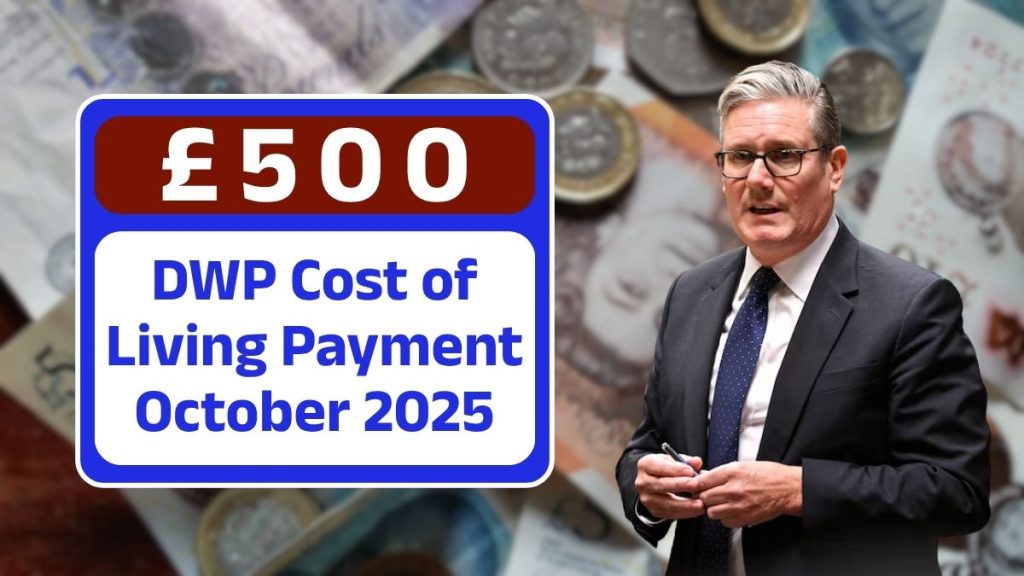The UK government is preparing to introduce new bank withdrawal rules in late 2025 directly impacting how millions of pensioners access their money. For elderly citizens, cash is not just currency—it represents independence, budgeting control, and security. Under the proposed framework, daily and weekly cash withdrawal limits will be enforced, raising major concerns among pensioners who rely heavily on cash to manage their lives.
Officials argue the changes are needed to reduce fraud, cut costs, and modernise the financial system, but critics warn that the elderly could face significant new challenges in their day-to-day finances.
Why Are Withdrawal Limits Being Introduced?

The UK has been shifting away from cash for over a decade. Since 2010, thousands of bank branches and ATMs have closed, reflecting the dominance of digital payments. Authorities defend the new limits by pointing to:
- Declining cash use – Digital payments now dominate UK transactions.
- Fraud prevention – Pensioners are frequent targets of scams involving large withdrawals.
- Banking costs – Storing, moving, and handling cash is expensive.
- Digital-first modernisation – Encouraging secure electronic transactions is a government priority.
While practical for banks, these reasons do not align with the lived reality of pensioners, many of whom still budget using physical cash.
Quick Summary – UK Bank Withdrawal Limit Rules 2025
| Category | Details |
|---|---|
| Policy Name | UK Bank Withdrawal Limit Rules 2025 |
| Authorities | UK Government, Banks, Financial Regulators |
| Implementation | September 2025 onwards |
| ATM Withdrawal Cap | £250–£500 per day |
| Branch Counter Limits | Smaller, more frequent withdrawals encouraged |
| Security Checks | Extra ID checks for large withdrawals |
| Digital Transition | Push toward online and card payments |
| Groups Most Affected | Pensioners, rural residents, digitally excluded citizens |
| Official Resource | www.gov.uk |
What Do the New Withdrawal Rules Include?
Although banks may differ slightly, the framework is expected to involve:
- ATM limits – A cap of £250–£500 per day, compared with current higher allowances.
- Branch restrictions – Staff will urge pensioners to make smaller withdrawals more often.
- Transaction monitoring – Withdrawals above set thresholds will trigger ID checks or delays.
- Digital prioritisation – Customers will be steered toward online banking and card payments.
For pensioners used to withdrawing their entire monthly pension in one transaction, this could mean a significant lifestyle adjustment.
How Could Pensioners Be Impacted?
Cash Dependency
Many older citizens continue to budget using envelopes of cash, dividing funds for bills, shopping, and savings. Limits could disrupt this long-standing practice.
Rural Access
Thousands of small towns and villages have already lost local branches and ATMs. Further restrictions make cash access even harder for rural pensioners.
Digital Exclusion
Not all pensioners are comfortable using apps or online banking. Forcing them into digital systems could leave them confused, excluded, or vulnerable.
Fraud Risks
Ironically, pushing pensioners online could increase vulnerability to digital scams, replacing one fraud risk with another.
Why Are Pensioners Most Concerned?
For pensioners, cash provides more than spending power—it provides control and confidence. Many highlight:
- Growing up in a cash-first society.
- Health challenges such as poor eyesight and memory issues that make apps difficult.
- The psychological security of holding physical notes.
- A tradition of large monthly withdrawals to budget across the month.
To them, limits feel like a direct threat to financial independence.
Banks and Government – Their Position
Authorities justify the policy as a necessary safeguard:
- Fraud prevention – Large withdrawals make pensioners prime targets.
- Cost efficiency – Maintaining cash systems is costly and outdated.
- Digital shift – A move to a cashless society is described as “inevitable.”
The Treasury insists that legal protections for access to cash remain in place, but pensioner groups argue that “legal access” without convenience and fairness is meaningless.
Expert Opinions – A Divided Debate
- Supporters say withdrawal caps will cut fraud, reduce costs, and encourage safer budgeting.
- Critics argue the rules discriminate against the elderly, especially those excluded from digital banking.
- Consumer groups are lobbying for exemptions to protect vulnerable pensioners.
How Can Pensioners Prepare?
Experts suggest several strategies to cope with the upcoming changes:
- Spread withdrawals – Take smaller amounts weekly instead of monthly.
- Use Post Office services – Many pensions can be withdrawn free at local post offices.
- Prepaid debit cards – Helpful for budgeting without needing internet access.
- Seek family support – Trusted relatives can assist with digital banking.
- File complaints – Unfair restrictions can be reported to the Financial Ombudsman Service.
Could Exemptions Be Introduced?
Consumer advocates want special exemptions for pensioners, including:
- Larger withdrawal rights without penalties.
- Dedicated in-branch support for the elderly.
- Tailored fraud protections instead of blanket restrictions.
It remains uncertain whether these protections will be adopted, but public pressure is growing.
Public Reaction – A Nation Divided
The response has been sharply split:
- Pensioners fear losing control over their money.
- Younger citizens are divided—some welcome modernisation, others see it as unfair.
- Campaigners are calling for government guarantees to ensure equal, fair access to cash.
Is This the First Step Toward a Cashless UK?
The UK is undeniably moving toward a cashless economy, but this raises risks:
- Not all shops accept cards or wallets.
- Power outages or system failures make cash essential.
- Excluding pensioners from cash access risks financial isolation.
The coming rules may be just the beginning of a broader cash-to-digital transition.
FAQs – UK Bank Withdrawal Rules 2025
Q1: When will the new bank withdrawal rules take effect?
A: The rules are expected to roll out from September 2025 onwards.
Q2: How much will pensioners be allowed to withdraw daily?
A: ATM limits are expected to range between £250 and £500 per day.
Q3: Why is the government introducing these limits?
A: To reduce fraud, cut banking costs, and encourage digital transactions.
Q4: Will pensioners have exemptions?
A: Not yet confirmed, but advocates are lobbying for special protections.
Q5: What can pensioners do to prepare?
A: Use weekly withdrawals, Post Office services, prepaid debit cards, and seek help setting up secure digital banking.













